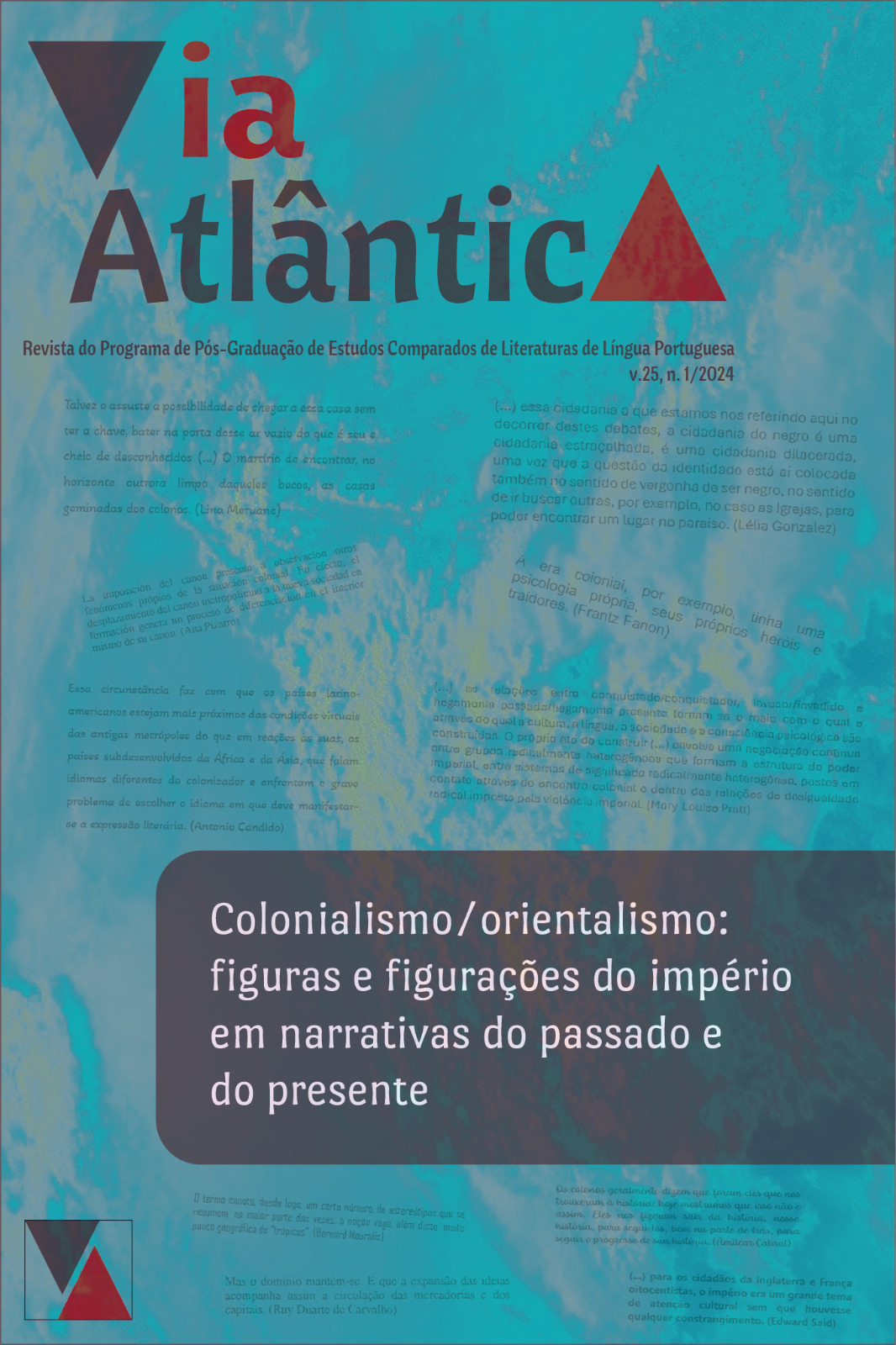Via Atlântica is late!
To the readers and contributors of Via Atlântica,
Read more about Via Atlântica is late!The Via Atlântica journal, a bi-annual peer-reviewed publication by the Graduate Program in Portuguese-speaking Literature Comparative Studies at the University of São Paulo, Brazil, aims to bring scholars from Brazil and abroad the results of investigations carried out by experts in the fields of Lusophone Comparative Studies, Comparative Literature, Literature for Children and Youngsters, Lusophone African Literature, Brazilian Literature, Portuguese Literature and other Lusophone literatures and cultures. It is also part of Via Atlântica’s scope the publication of articles that address the interdisciplinary relations of literature to other art forms and to other fields of knowledge. Every issue of Via Atlântica comprises a leading “Thematic Section” and other eventual sections as “Other Essays”, “Interviews” and “Reviews” of books of interest to Lusophone Comparative Studies and related areas. Via Atlântica is rated in CNPq’s fields of knowledge table as an Other Vernacular Literatures publication (8.02.07.00-6).
To the readers and contributors of Via Atlântica,
Read More Read more about Via Atlântica is late!
____________________________________________________________________________
____________________________________________________________________________
____________________________________________________________________________
Via Alântica uses Creative Commons Attribution 
____________________________________________________________________________
Via Atlântica follows the guidelines of the Committee on Publications Ethics (COPE) .
____________________________________________________________________________
